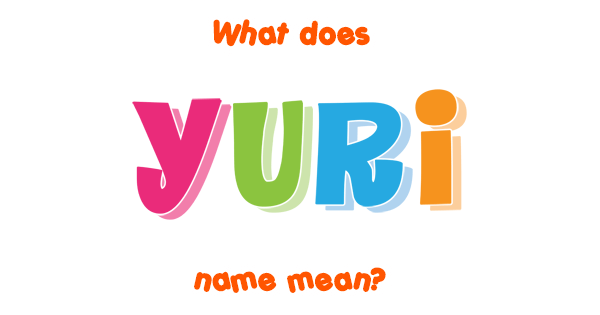
Once again, we return to that cafe in Tokyo in 2005. But Japanese researchers are unlikely to know this.) (Incidentally, I’d been promoting the word for the genre for several years by then, Yuricon was officially named in 2001, and Okazu began in 2002. What better word to describe a genre that had no word of its own? As the 21st century dawned, yuri became the official name when Yuri Shimai magazine began publication in Japan in 2003. Lilies are pretty, come in many varieties, and smell nice. In Japan, erotic comics starring beefy men are referred to simply as “gay comics” (ゲイ コミックス).Ĭonfronted with a plethora of terminology and none that really suited lesbian-themed Japanese comics, I was among many who chose, as the century turned, to return to the phrase coined by Barazoku editor Ito: “Yurizoku.” A lily flower had been used for decades by then as a symbol of lesbian desire and love.

One cannot in confidence state that “bara” means bear, since in its homeland the word actually means the very opposite. Nowadays in Japan, the word “bara” has taken on a negative connotation, expressing effeminacy, similar to the English phrase “nancy boy.” But in America, “bara” has been adopted by the bear community within comics. Barazoku, the “rose tribe,” was used at the time to indicate gay men.

It’s well-documented that in the 1970s the gay men’s magazine Barazoku ran a column for lesbians called the “ Yurizoku no Corner” (“Lily Tribe’s Corner”) where women could advertise events and make contact with one another. To confuse the issue even more, researchers sometimes felt the need to create their own words to distance their subject from its lesbian culture roots. Japanese lesbians, looking for a word of their own not tainted by straight men’s endless need for fetishized porn, took to calling their own work “bian” (ビアン). Lesbian creators eschewed using “rezu” (レズ) for much the same reason western lesbians didn’t use “lesbo” when labeling their own work. Because being a lesbian was, for Japanese society, a kind of political statement, romantic or sexual content between same-sex partners was not in and of itself considered “lesbian.” While lesbian social and political activism in the 1970s helped create a space for Yuri comics, there was little connection between the two in later years.Ĭommon terms in the doujinshi world in the 1990s were “girl x girl” (女の子x 女の子) or “woman x woman” (女x 女) or the maddeningly vague “onna-doushi” (女同士). Yuri is not the first or only term we’ve had for women in romantic pairings in anime and manga. And later that year, Yuri Hime magazine was launched. I looked around the room, which included an editor of a soon-to-be-launched yuri manga magazine and asked that “we,” those of us in the room, support and promote this newly conceived genre as a genre, not just as a trope of another genre. Why am I telling you this? Because as the term “yuri” shifts and changes, people lose sight of how we got to using that term and why it’s important.īack to that cafe in 2005. Without a single, discrete source, yuri is the product of disparate creators and audiences with conflicting needs, tropes, and conventions of storytelling. Yuri, a genre of Japanese comics, animation, and related media focusing on lesbian themes and content, is unlike the four main demographically focused genres of Japanese media. I wrote at length about those factors recently in an article “On defining yuri” for Transformative Works and Cultures. And complicating matters, yuri as a genre has disparate roots and factors that influence it. Complicated, because words often change shape after they have been coined and exceed their roots, sometimes even completely changing their meaning to the opposite of their original intent. “Yuri” is a complicated word and a complicated genre. The interviewer asked me, “What is yuri? How do you define it?” I smiled and said, “Of course, anything I like is yuri.” Everyone laughed.

In April, 2005, I found myself in a cafe with a number of popular or soon-to-be-popular yuri manga artists for Yuricon 2005 in Tokyo.


 0 kommentar(er)
0 kommentar(er)
